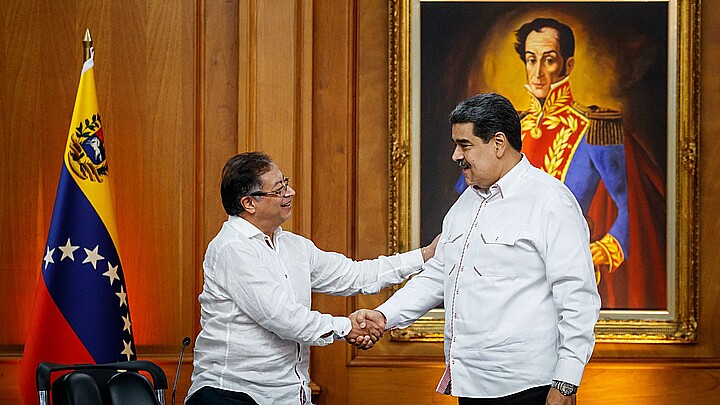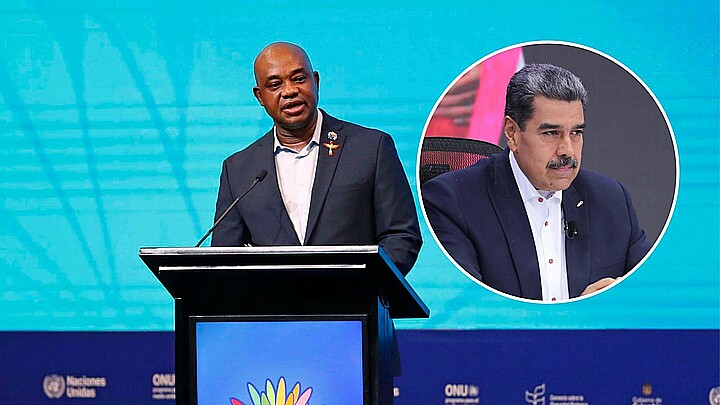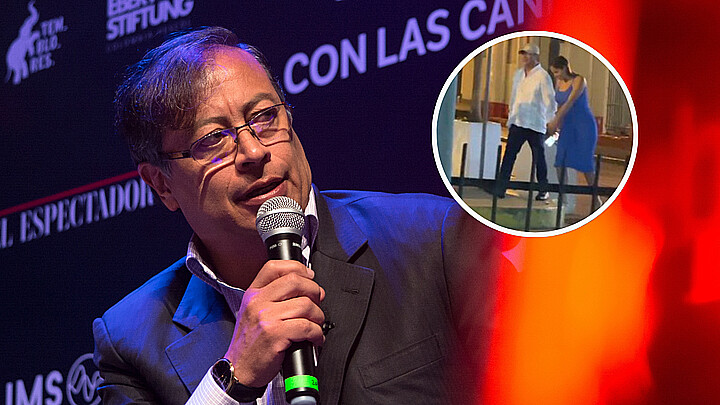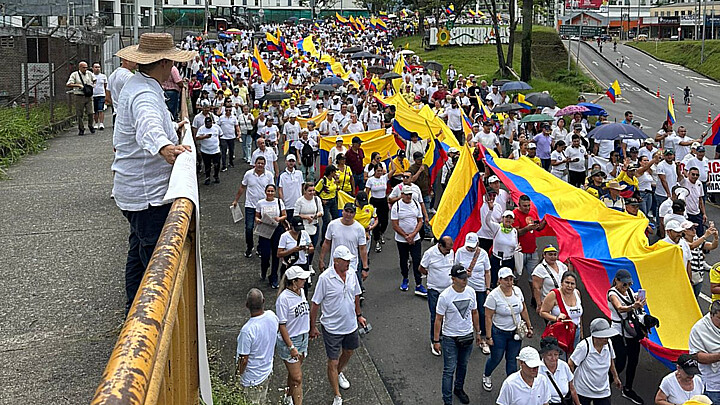Politics
Colombia restarts peace talks with ELN rebels after six decades of war
In a joint declaration, the two parties said they wanted “build peace based on a democracy with justice”
November 22, 2022 5:53am
Updated: November 22, 2022 10:42am
The Colombian government resumed peace talks on Monday with the leftist guerrilla group the National Liberation Army looking to end more than 60 years of war.
Members of the National Liberation Army (ELN for its acronym in Spanish) and the government of Colombian President Gustavo Petro attended the first round of talks, which were held in Caracas, Venezuela more than a month after the resumption of the negotiations was announced.
In a joint declaration, the two parties said they wanted “build peace based on a democracy with justice” by restarting the dialogue “with full political and ethical will, as demanded by the people of rural and urban territories that suffer from violence and exclusion, and other sectors of society.”
Diplomats from Venezuela, Cuba, and Norway will help in the negotiations, while representatives of Chile and Spain will observe it, according to the Colombian government.
Petro, who assumed the presidency in August, is Colombia’s first leftist president and was a former member of the M-19 insurgency. As part of his electoral campaign, he promised to bring “total peace” to Colombia by negotiating with the rebels and criminal gangs.
The ELN was founded in the 1960s by individuals who were inspired by the Cuban Revolution and went on to become Colombia’s largest remaining guerilla group. Currently, the group is thought to have about 4,000 members.
The organization, which has been listed as a terrorist organization by the United States and Europe, is known for carrying out kidnappings for ransom and attacking vital infrastructure.
ELN leader Israel Ramirez Pineda said the group is engaging in the negotiations in hopes of seeing “fundamental changes” that are being demanded by the Colombian people.
“Colombians cannot see each other as enemies, the work we have is reconciliation,” Ramírez Pineda said. “We hope that the government’s delegation will have an interlocutor in the same sense.”










